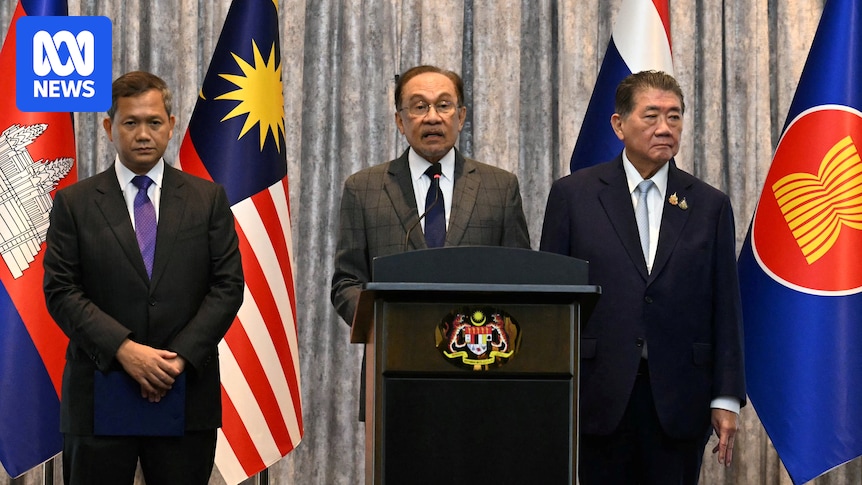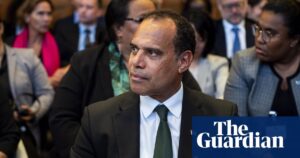
The leaders of Thailand and Cambodia have reached an agreement for an immediate and unconditional ceasefire to halt their recent border clashes. This announcement was made by Malaysian Prime Minister Anwar Ibrahim following mediation talks held between the two Southeast Asian nations.
“Both Cambodia and Thailand reached a common understanding as follows: One, an immediate and unconditional ceasefire with effect from 24 hours local time, midnight on July 28, 2025, tonight,” Prime Minister Anwar stated after the discussions in Malaysia. Anwar, who chaired the talks as the head of the ASEAN regional bloc, emphasized that both countries had committed to steps aimed at returning to normalcy.
Background of the Conflict
The border tension between Thailand and Cambodia has escalated into armed clashes, resulting in the deaths of over 10 civilians and causing many others to flee for safety. The conflict erupted on Thursday in a disputed area along Thailand’s eastern border with Cambodia, with each side accusing the other of initiating the hostilities.
Hundreds of thousands of civilians have been displaced in both countries, and more than 30 people have been killed in what has become the deadliest clash between these neighbors in over a decade. The violence has prompted both nations to recall their ambassadors and for Thailand to close all border crossings with Cambodia, except for migrant Cambodian workers returning home.
International Mediation and Reactions
The ceasefire agreement follows direct pressure from global powers, including a warning from U.S. President Donald Trump, who stated that the United States might reconsider trade deals with either country if hostilities persisted. Representatives from China and the U.S. attended the talks as observers, underscoring the international concern over the conflict.
ASEAN foreign ministers have expressed their concern over the rising death toll and the displacement of a large number of people along the disputed border areas. In a statement, they reiterated the importance of peaceful dialogue and non-aggression, principles that have long been the foundation of the 10-nation regional bloc.
Humanitarian Impact and Historical Context
The ongoing conflict has drawn international humanitarian attention, including from Pope Leo XIV, who mentioned during a Vatican address that he was praying for all those affected by war worldwide, specifically highlighting the affected children and displaced families along the Thailand-Cambodia border.
The border dispute between the two countries dates back decades, but tensions have been particularly high since a Cambodian soldier was killed in a skirmish with Thai troops in May. The recent clashes have forced many, like Phum Sokhorn, a 62-year-old farmer, to flee their homes. Sokhorn, now residing in a relocation camp, expressed his desire for a peaceful resolution, “Staying here is miserable. We can’t make any income — we just wait for some little aid,” he said.
“I urge Thailand to stop the conflict with Cambodia and take the dispute through legal means at the ICJ,” Sokhorn added.
Looking Forward
A border summit is scheduled to be hosted by Cambodia on August 4, aiming to further solidify the ceasefire and discuss long-term solutions to the border dispute. Meanwhile, both nations have agreed to continue diplomatic efforts to prevent future escalations.
The ceasefire marks a significant step towards peace, but the path to resolving the underlying issues remains complex. As the international community watches closely, the hope is that sustained dialogue and cooperation will lead to a lasting resolution, ensuring stability and security for the people of both nations.






